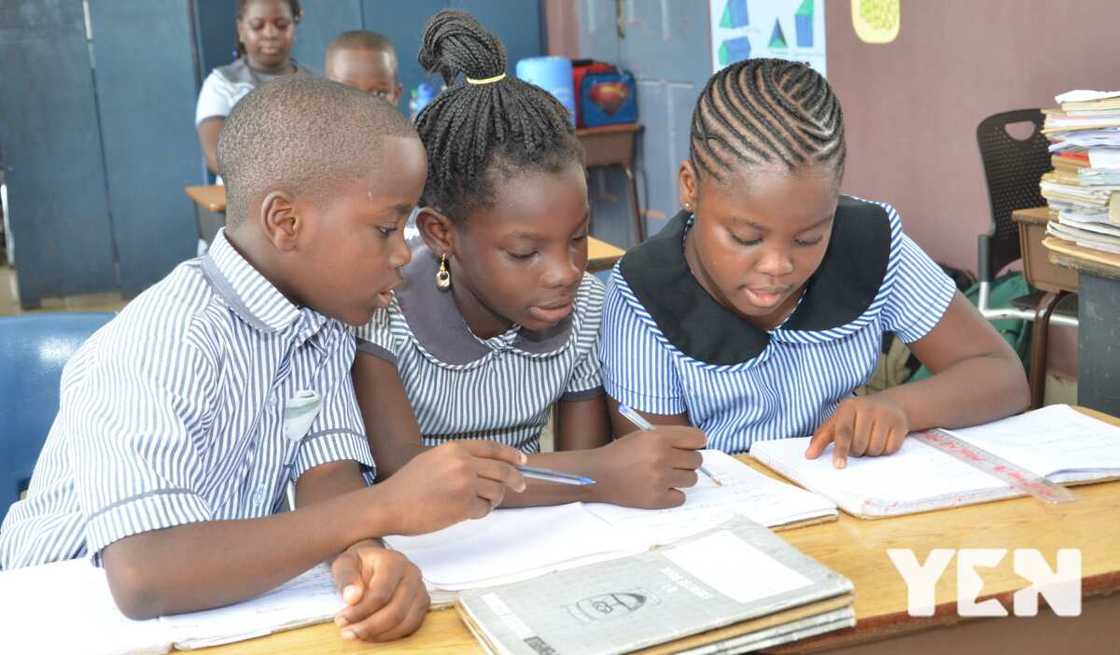Set the foundation right: A keynote to all educational stakeholders
Every society's strength vehemently lies on how resilient and competent its human resource is.
This mandate cannot be achieved on a silver platter, but requires massive amount of action and commitment in training and building an indestructible foundation for its members to become "forever resistant", even in most critical and unfavorable conditions.
Imagine setting up a building in a very shallow and sandy environment that is highly exposed to a very intense windy atmosphere.

Source: Original
The probability of the building to withstand such condition is very slim, and has no other option than to be self-demolished.
In the same vein, the strength of a house or building is not determined by how polished, decorated, tall or expensive it is but it's highly determined by how strong the foundation is.
Early childhood education is regarded as a very imperative section as well as the backbone and the ultimate foundation of every child's developmental cycle/process; hence, it can make and unmake the future of every child.
Moreover, Maria Montessori, an influential early childhood educationist emphatically asserted that, "The most important period of life is not the age of university studies, but the first one, the period from birth to the age of six".
Another pioneer in early childhood education, Lydia Sigourney added that, "In early childhood education, you may lay foundation of poverty or riches, industry of idleness, good or evil, by the habits to which you train your children. Teach them right habits then, their future is safe".
Again, Frederick Douglas added that, "It is easier to build strong children than to repair broken men".
Furthermore, this is categorically evident in God's Handwriting in Proverbs 22:6, "Train a child the way he should go, and when he is old, he will not depart from it".
Early childhood education refers to a range of processes and mechanisms that sustain and aid in the holistic development of children, from birth of 8 years (UNESCO & UNICEF, 2012).
Due to the rapid neural connections, brain development and growth that take place at this age, this period is considered as a critical window of opportunity for optimizing children's development through the combined impact of quality education, care, health, nutrition, protection and stimulation.
Children who have participated in quality early childhood education exhibit tremendous gains in their overall social, cognitive and intellectual development.
It also has the possibility to nurture caring, capable and responsible future citizens (UNESCO, 2018).
In addition, it has contributed to breaking the cycle of poverty and offers an entry point and platform for improving social equity and inclusion (UNESCO & UNICEF, 2012).
Even though, several educational policies have been designed and implemented by the government of Ghana, NGOs, Civil Groups, and other relevant stakeholders, most of those intervention strategies are centred at some areas of the stages of the child's educational development (such as S.H.S and tertiary levels), hence, sidelining the most crucial stage (early childhood education).
However, in our quest of keeping at par international standards, many visionary entrepreneurs have established private early childhood educational centers, but these centers are mostly absorbed by the children of the "elite".
One key problem I have identified so far is: poor participation of stakeholders in early childhood education.
According to the research conducted by Altinok, Angrist & Patrinos (2018), supported by World Bank, more than 60% of primary school children in developing countries still fail to achieve minimum proficiency due to their weak early childhood educational experience but in high-income countries, nearly all children - 99% in Japan, 98% in Norway, 91% in Australia, achieve this standard.
Failure to find lasting solutions to this pertinent problem will result in a very destructive pathology in our social structure.
Another issue is that, in our quest of responding to certain problems affecting the nation, we mostly focus on the effects of such problems, rather than tackling the root causes of the problems.
Dramatically, instead of investing and building stronger children, we spend most of our resources repairing the "broken men"!
Author: Theophilus Quaicoe.
Kwame Nkrumah University of Science and Technology.
Do you have national and human interest issues to discuss?
Do you know someone who is extremely talented and needs recognition?
Your stories and photos are always welcome. Get interactive via our Facebook page.
Source: YEN.com.gh

